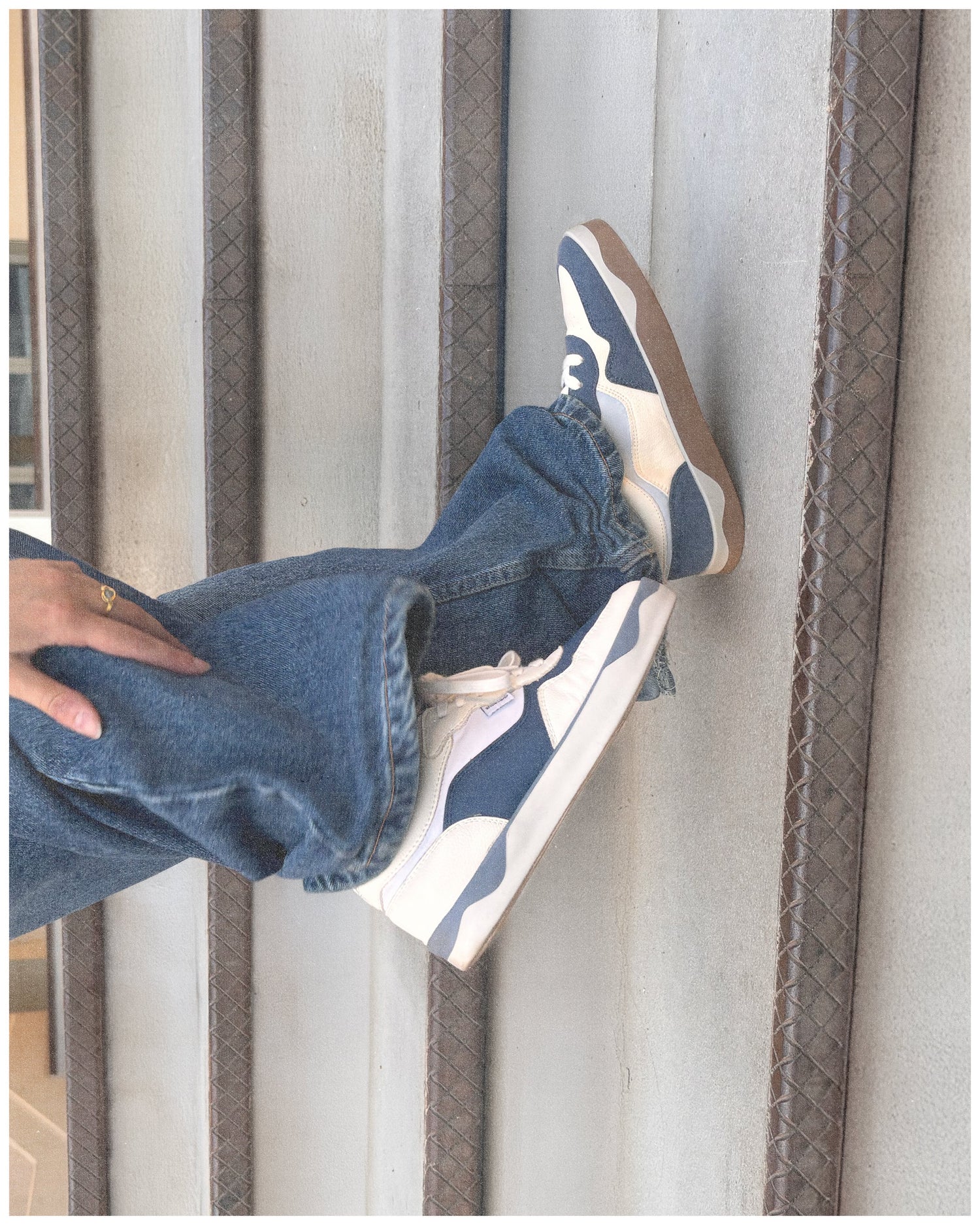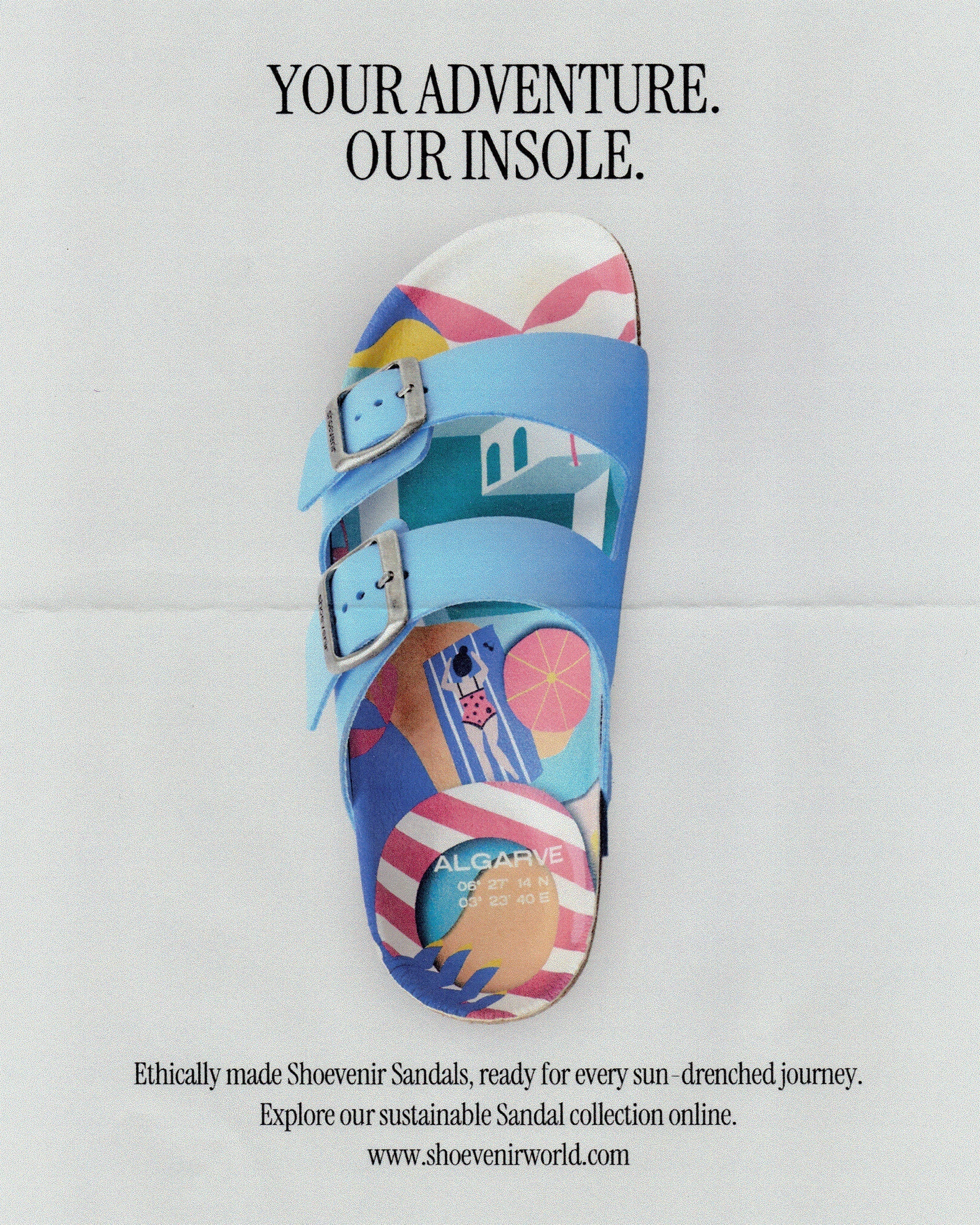In a world increasingly aware of its environmental impact, we're bombarded with labels promising "eco-friendly," "sustainable," and "natural." From our groceries to our fashion choices, these badges aim to guide us towards greener decisions. But in the jungle of eco-labels, how do we distinguish genuine commitment from clever marketing — a practice often dubbed "greenwashing"?
At Shoevenir, transparency and genuine sustainability are at the heart of everything we do. That's why we believe in empowering you, our community, with the knowledge to navigate the world of eco-labels with confidence. Let's decode some common certifications and shed light on how to spot potential greenwashing.
The Good Stuff: Understanding Meaningful Certifications
Genuine eco-labels are often backed by independent organizations with rigorous standards. They provide a level of assurance that a product or process meets specific environmental or social criteria. Here are a few examples you might encounter:
-
Global Organic Textile Standard (GOTS): For textiles, GOTS ensures that the entire supply chain, from harvesting of the raw materials to environmentally and socially responsible manufacturing, adheres to strict organic standards. When you see GOTS, you know the cotton (or other natural fiber) is truly organic and processed with consideration for people and the planet.
-
Fair Trade Certified: While not strictly environmental, Fair Trade certification ensures that producers in developing countries receive fair prices and work in safe conditions. This often intersects with sustainability as it encourages ethical and environmentally sound practices.
-
Forest Stewardship Council (FSC): For wood and paper products, FSC certification guarantees that the materials come from responsibly managed forests that provide environmental, social, and economic benefits.
-
EU Ecolabel: This label signifies products and services that meet high environmental standards throughout their life-cycle, from raw material extraction to production, distribution, and disposal.
-
Leather Working Group (LWG): LWG certification promotes responsible practices in the leather industry, focusing on environmental performance in tanneries.
The Not So Good Stuff: Spotting Greenwashing
Greenwashing occurs when a company deceptively markets its products or policies as environmentally friendly. This can mislead consumers and detract from genuine sustainability efforts. Here are some common greenwashing tactics to watch out for:
-
Vague Language: Terms like "eco-friendly" or "natural" without specific definitions or certifications can be misleading. What exactly makes it "eco-friendly"?
-
Irrelevant Claims: Highlighting a single "green" feature while ignoring larger environmental impacts. For example, advertising a product as "CFC-free" when CFCs are already banned.
-
Hidden Trade-offs: Suggesting a product is green based on one attribute while ignoring negative impacts in other areas. For instance, a fast-fashion item made with a small percentage of recycled material but produced in unethical conditions.
-
No Proof: Lack of credible third-party certifications or data to back up environmental claims.
-
Worshipping False Labels: Creating in-house "eco" logos or labels that have no real meaning or external verification.
Navigating the Green Market: Tips for Conscious Choices
-
Look for Recognizable Certifications: Prioritize products with labels from reputable third-party organizations.
-
Be Skeptical of Vague Claims: Dig deeper when you see broad, undefined terms. What specific actions make the product "sustainable"?
-
Consider the Whole Picture: Think about the entire lifecycle of a product, not just one "green" aspect.
-
Do Your Research: If you're unsure about a brand's claims, do a little digging online to see if they are transparent about their practices.
Shoevenir's Commitment to Transparency
We believe in being open about our sustainability journey. That's why we clearly communicate the materials we use and our transparent ethical production practices. We strive to offer you products that are not only stylish and comfortable but also genuinely kinder to the planet.
What are some eco-labels you find helpful or confusing? Share your thoughts in the comments below!
















Leave a comment
All comments are moderated before being published.
This site is protected by hCaptcha and the hCaptcha Privacy Policy and Terms of Service apply.